According to a recent report in the UK, only 30% of state school children are choosing to study history beyond the age of 14. It either doesn’t interest them or they don’t see its relevance. As a writer of historical fiction this troubles me a lot.
Is history becoming a thing of the past?
This may seem a strange confession, from someone who writes historical fiction for a living; but I hated history at school. I was bored out of my mind. I couldn’t see the point of learning about something that happened before I was born in a country I didn’t live in.
| HISTORICAL NOVELIST ON HIS COFFEE BREAK |
So it took me a long time to start even reading historical fiction, never mind writing it. I had a bias against it. Despite the recent resurgence in its popularity, many people STILL do.
If you tell someone you’re a crime writer or a thriller writer, they get it. Oh, you write stuff that’s fun to read. Tell them you write historical novels and the first thing they do is check to see if you have elbow patches on your jacket and a pipe in your pocket. They think you’re a professor. They think about school.
Yet people who would get in a pit with live snakes rather than read an historical novel will wear out their DVDs of GLADIATOR and BRAVEHEART and ELIZABETH. Why?
Historical Fiction has an incredibly passionate and knowledgeable hardcore following but among the general public it still experiences frequent peaks and troughs in popularity. As novelists I suspect we have to change the preconception about this thing we love so much in ways that writers in other genres do not.
People didn’t have to study Crime or Thrills at school so they don’t think of it as hard work. But taking history at school works like aversion therapy for most people. (on 70% of 14 year olds in the UK apparently.)
I think I have a solution to the crisis gripping GSE history students.
Give the good students good historical fiction to read, like WOLF HALL or THE POISONWOOD BIBLE. I was so enthralled after reading those books I did my own research into The Reformation and the history of the Belgian Congo, subjects I had no interest in before.
The really bored students? Show them BRAVEHEART. Yes, I know what you’re going to say.
But point out all the historical inaccuracies afterwards; but make them see first of all that history can be interesting and passionate and fun.
I know. There’s no chance that the Board of Education in London is going to take up my idea. So I wonder instead if our genre needs a new name to distance itself from the damage that is being done inside the system that makes 70% of 14 year olds turn their back on the astonishing fund of rich stories stretching back through three thousand years of human … no, I’m not even going to say the word.
But to prove that the H word can be fun I’m giving away three copies of my ebook Harem today. Just write to me and ask me for one at colin underscore falconer underscore author at hotmail dot com. I’ll email you one. Just tell me if you want Kindle or one of the other readers (eg Smashwords.)But hurry - soon the offer will be history. (damn, I said it!)


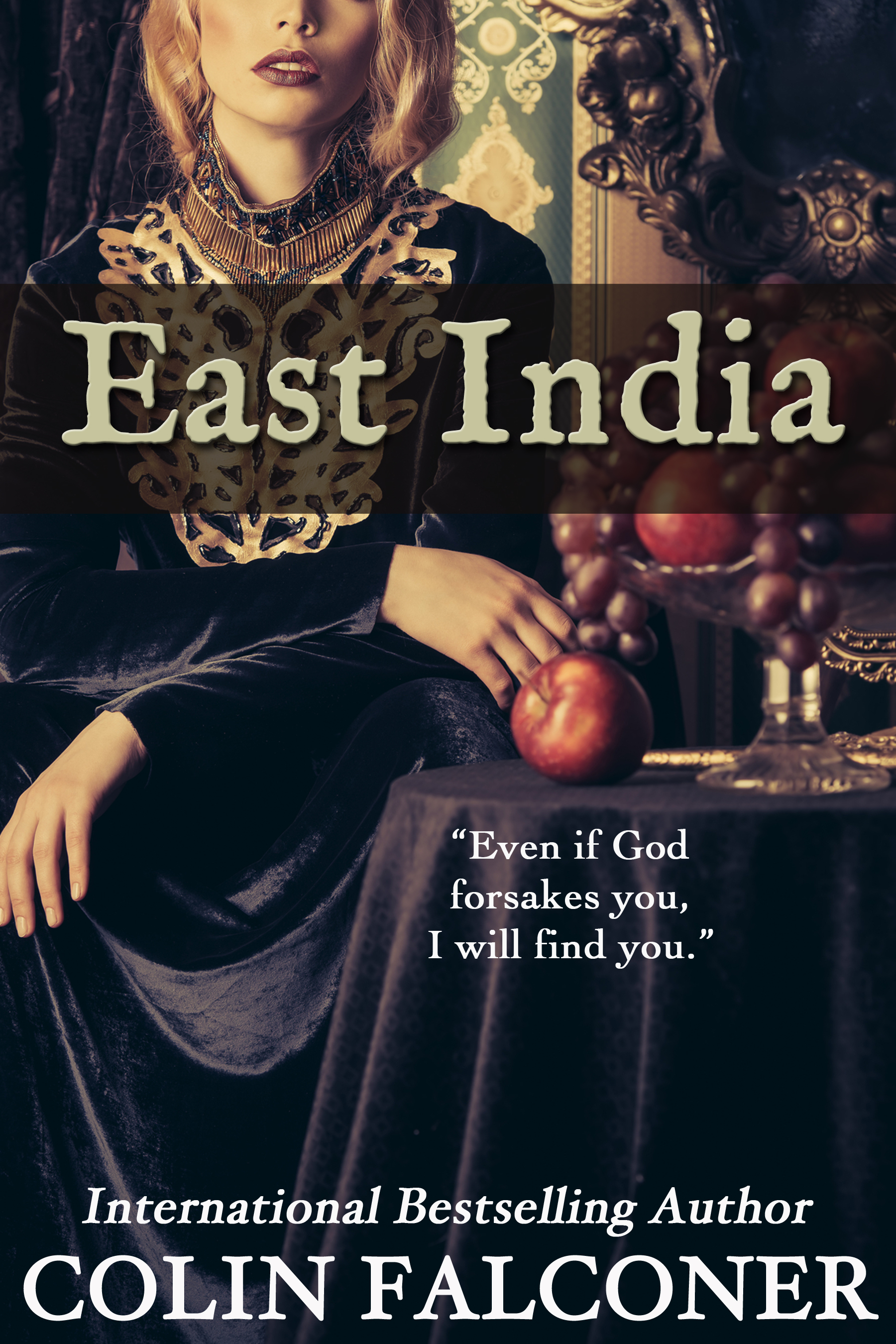
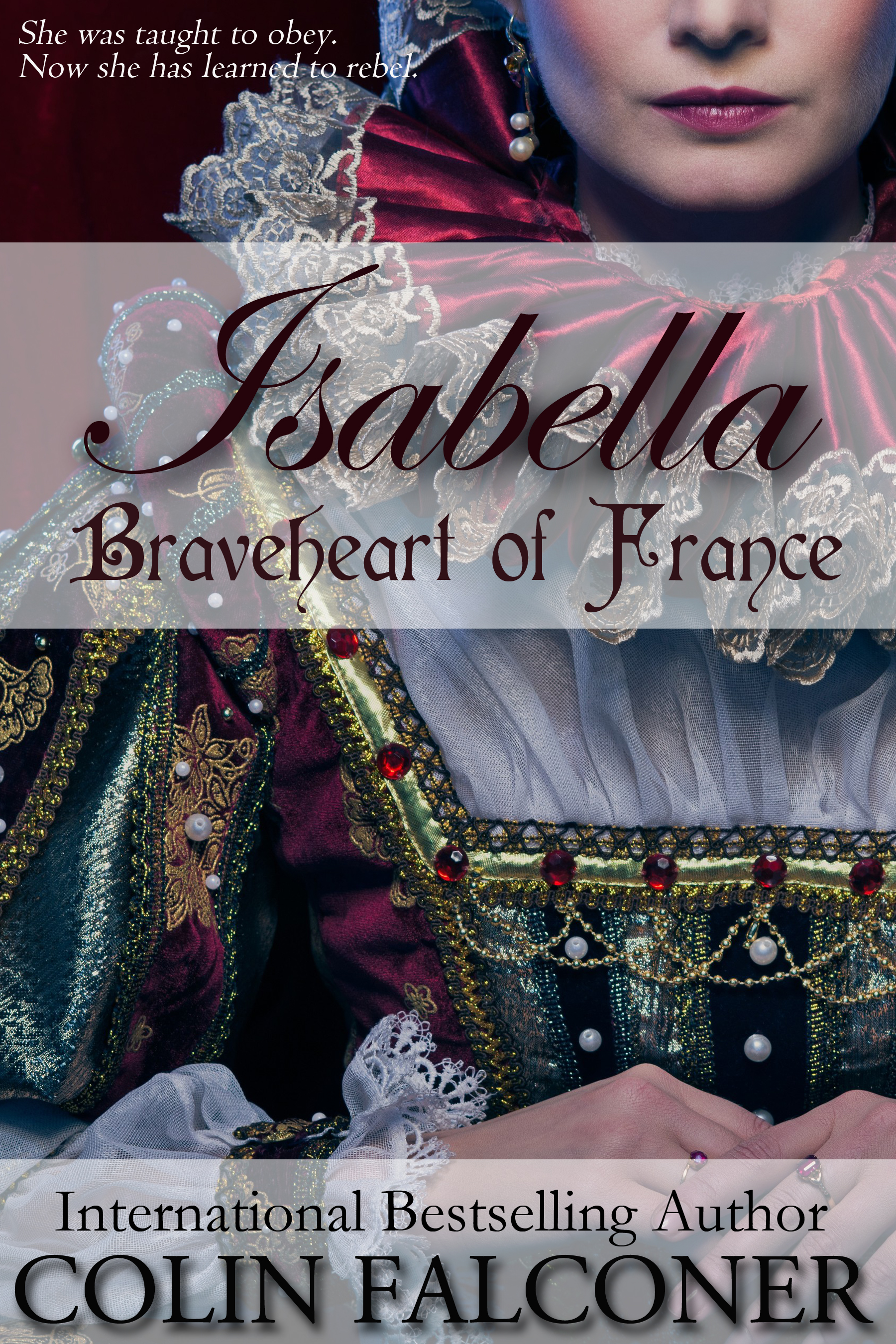
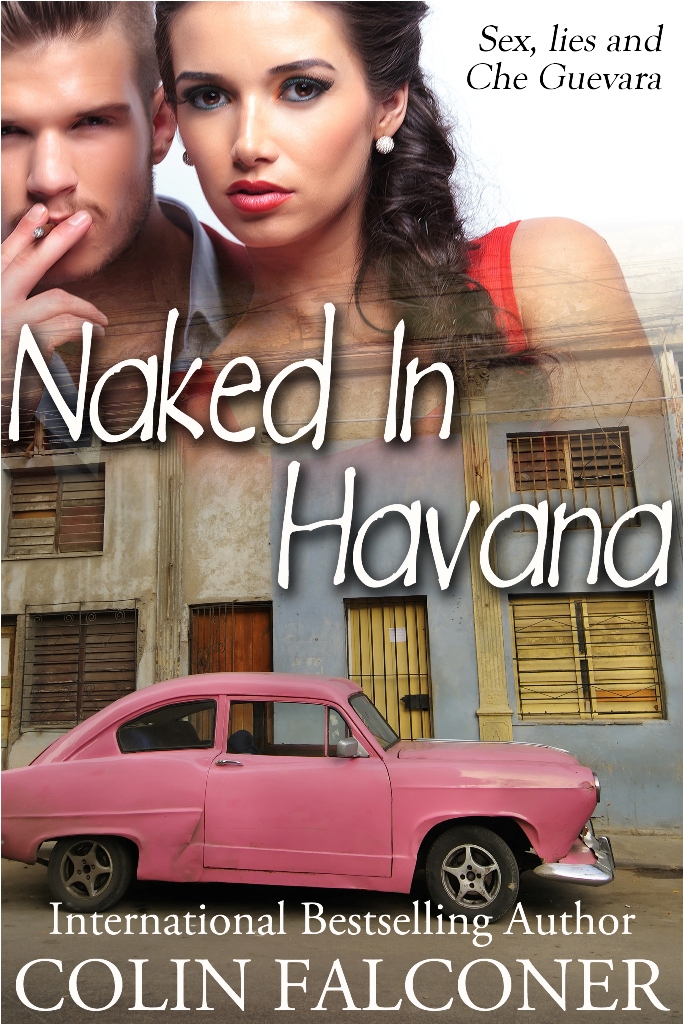
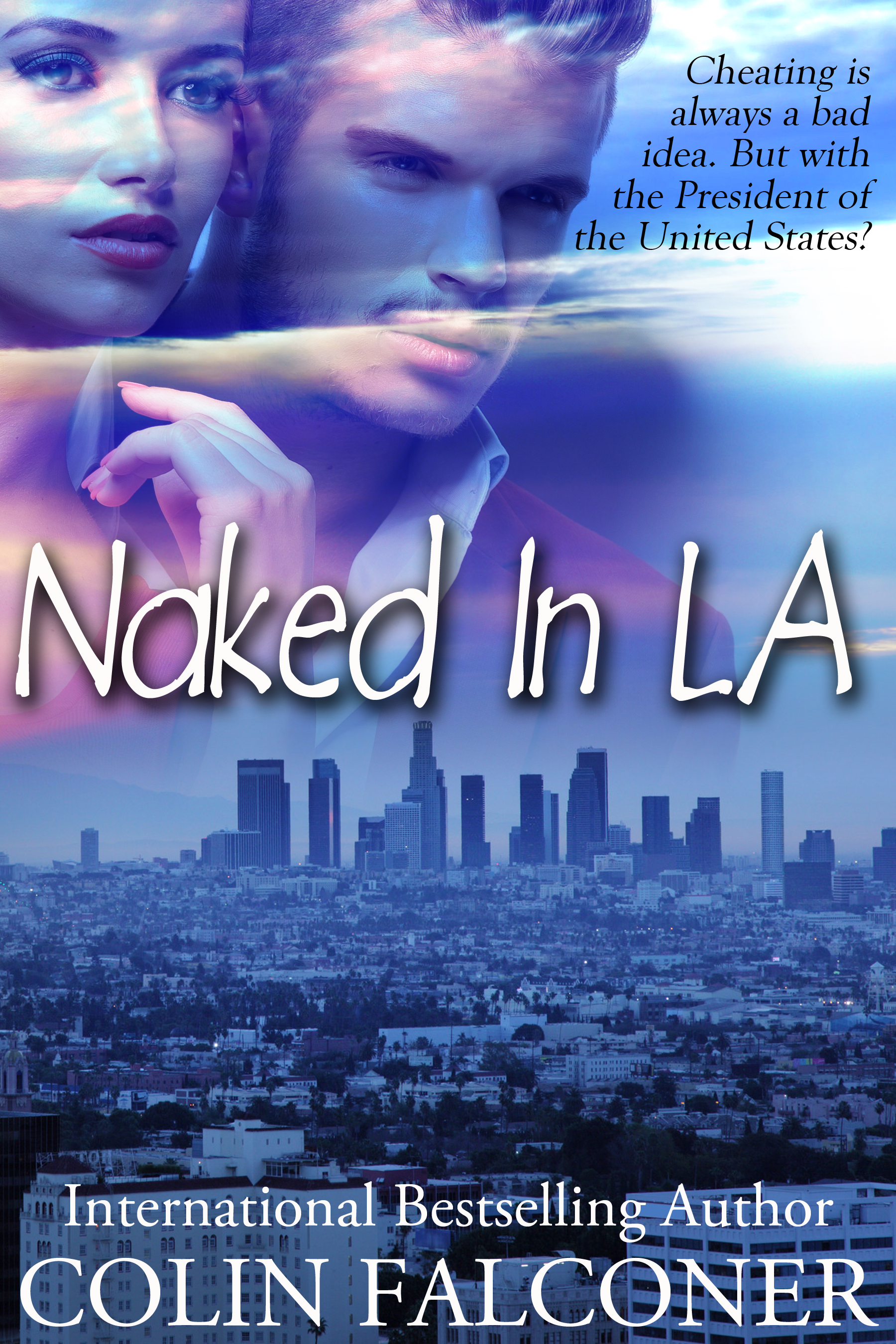
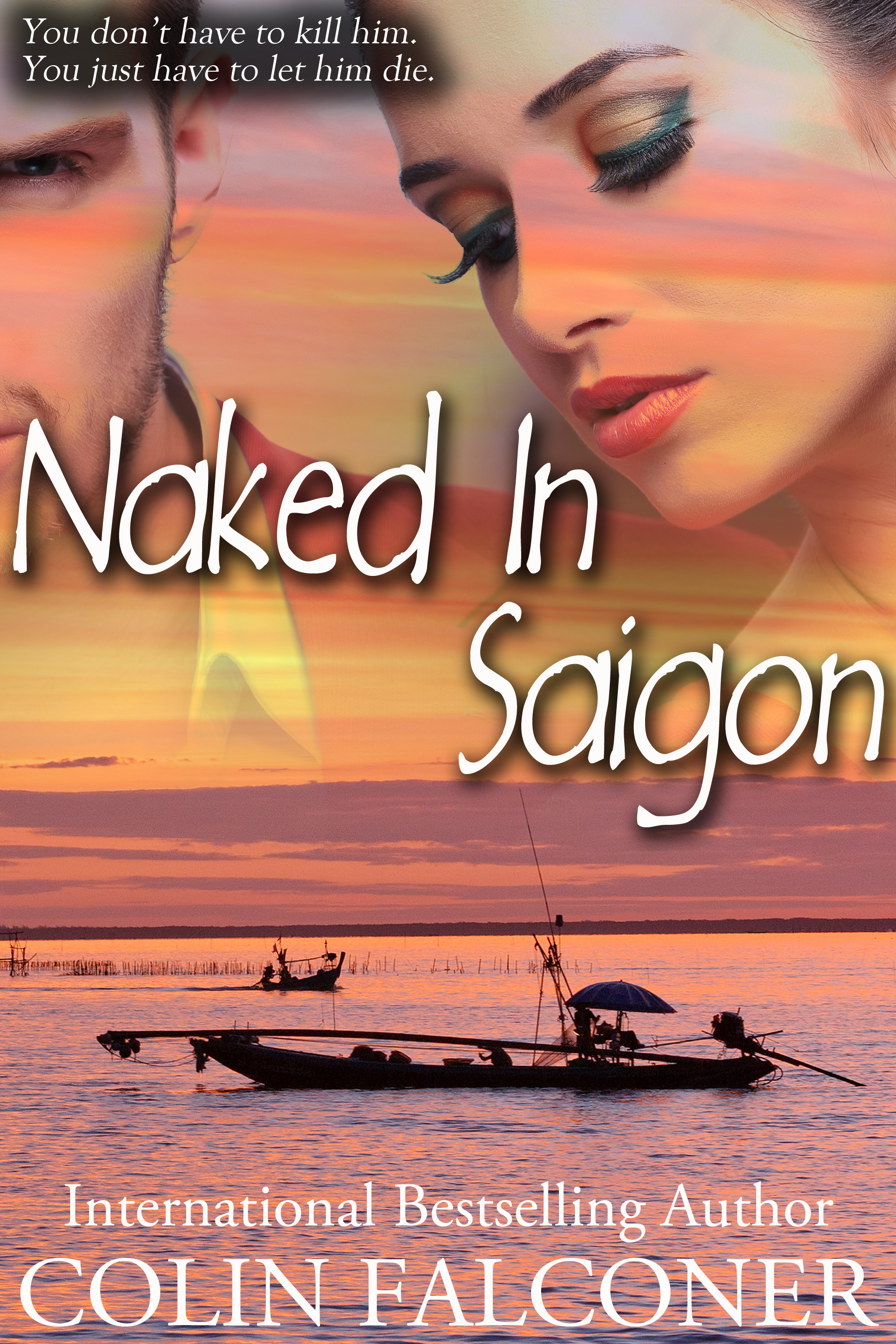
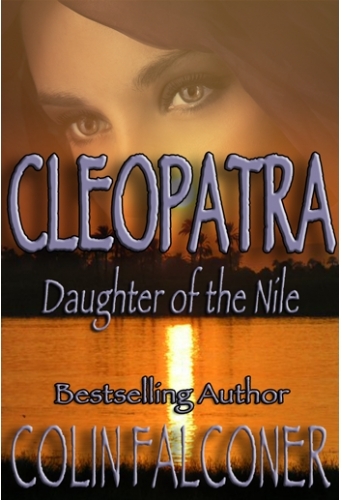
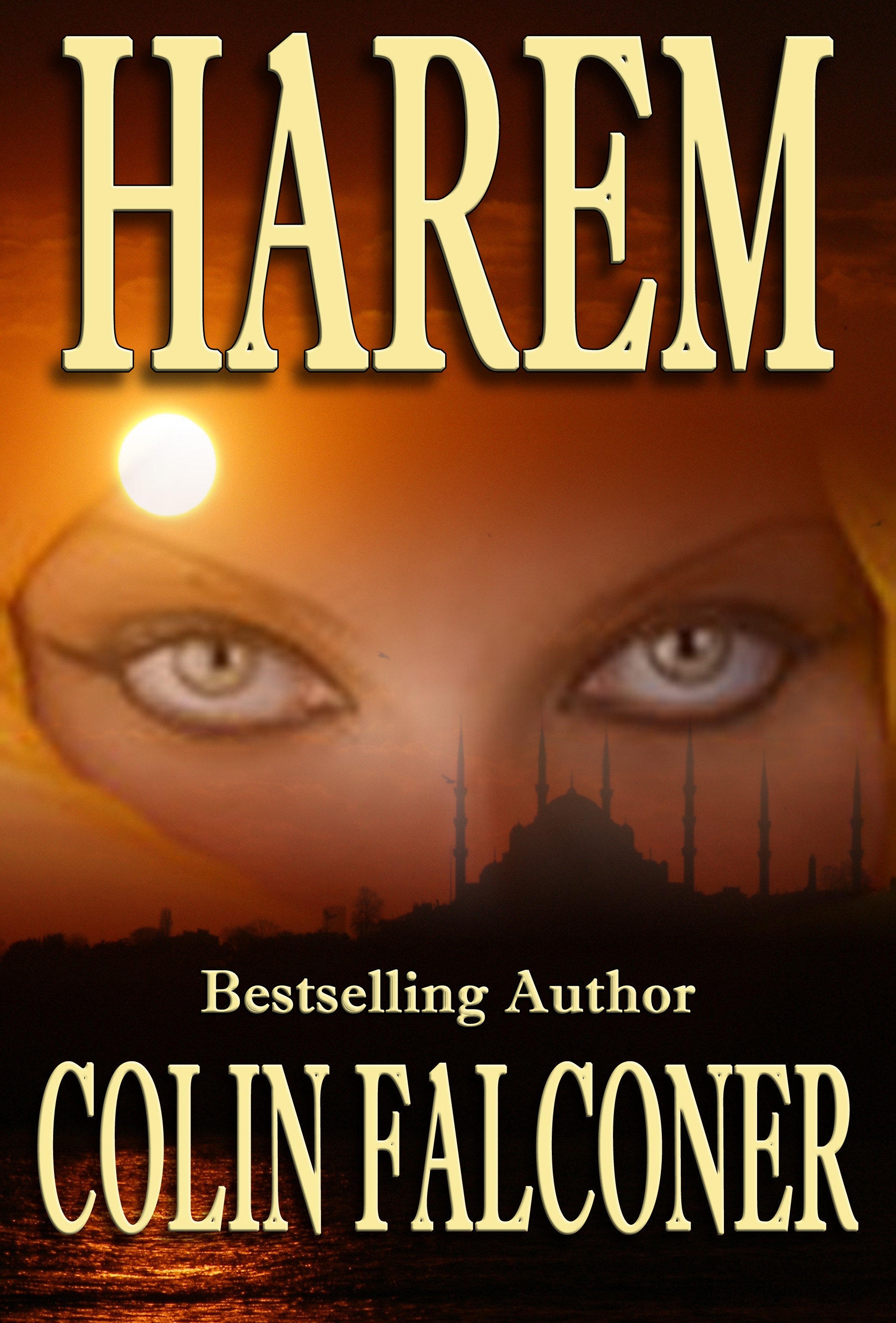
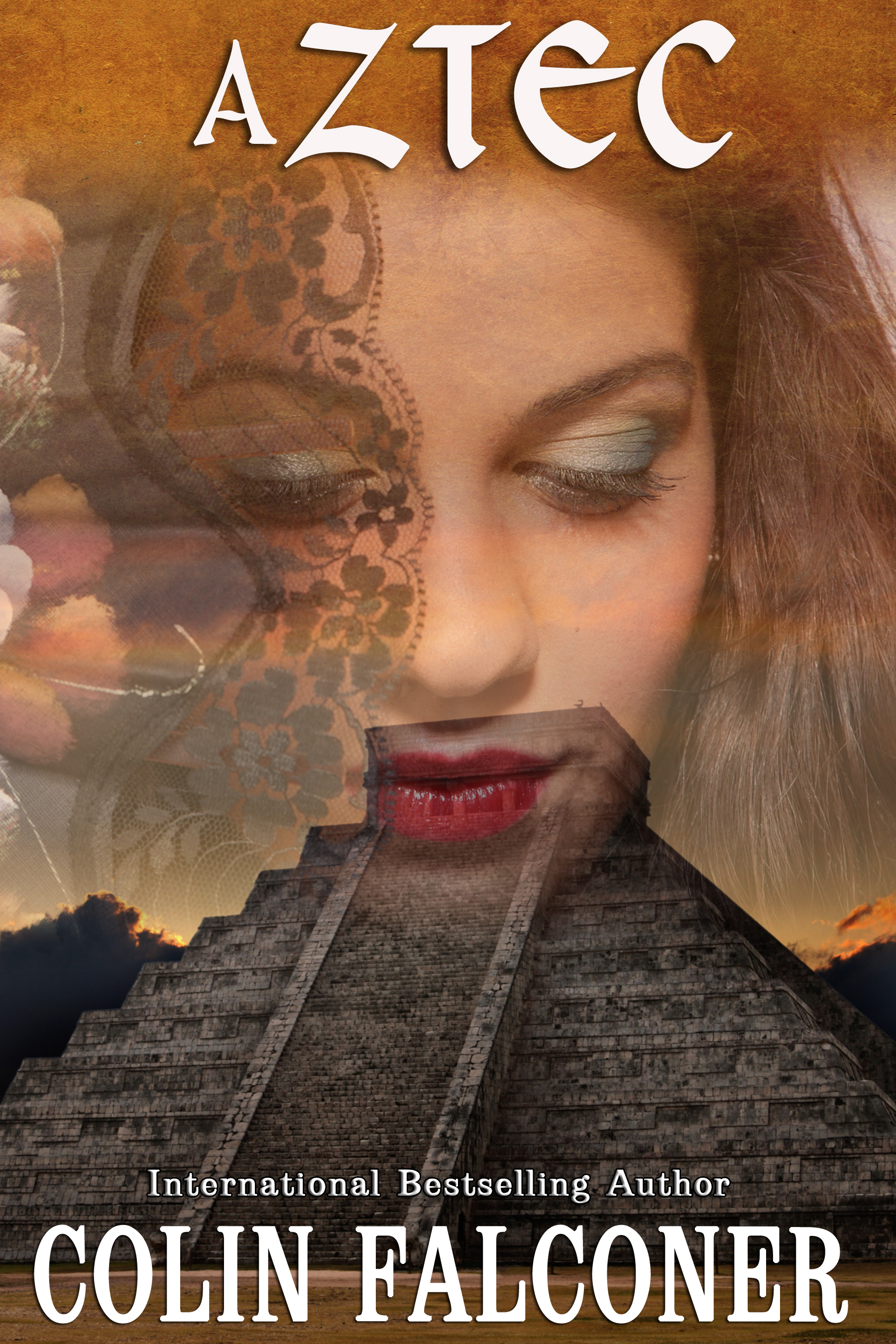
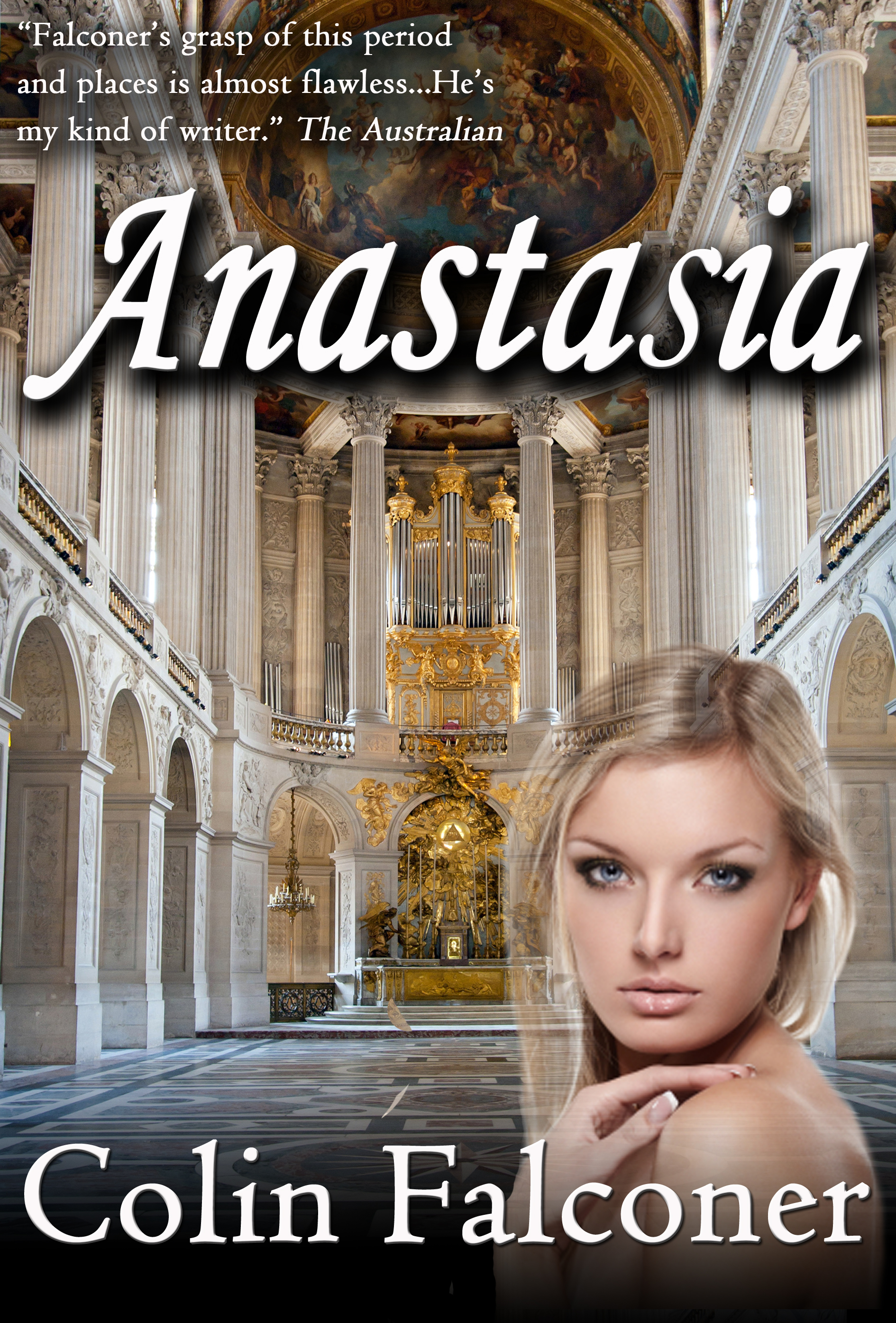
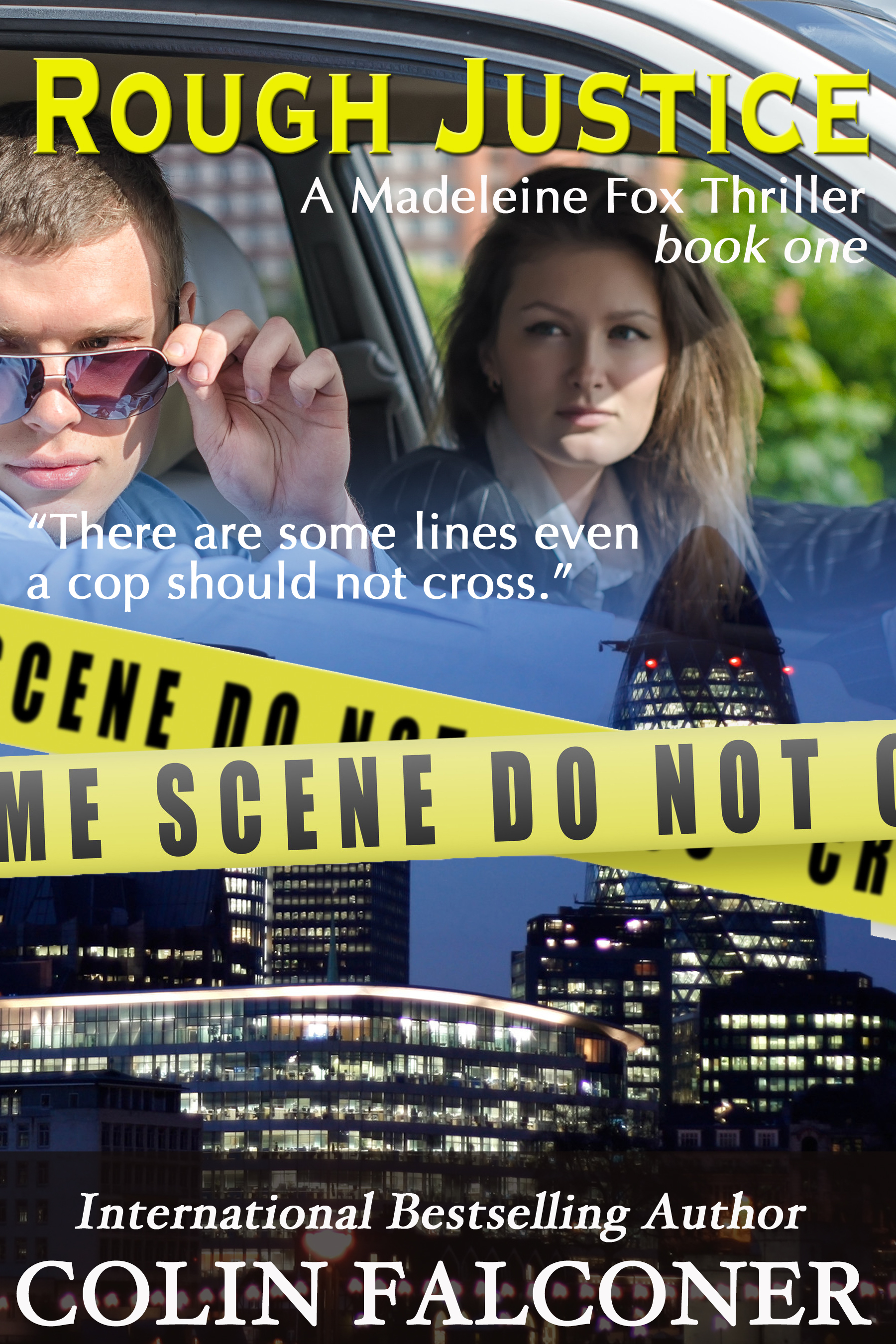
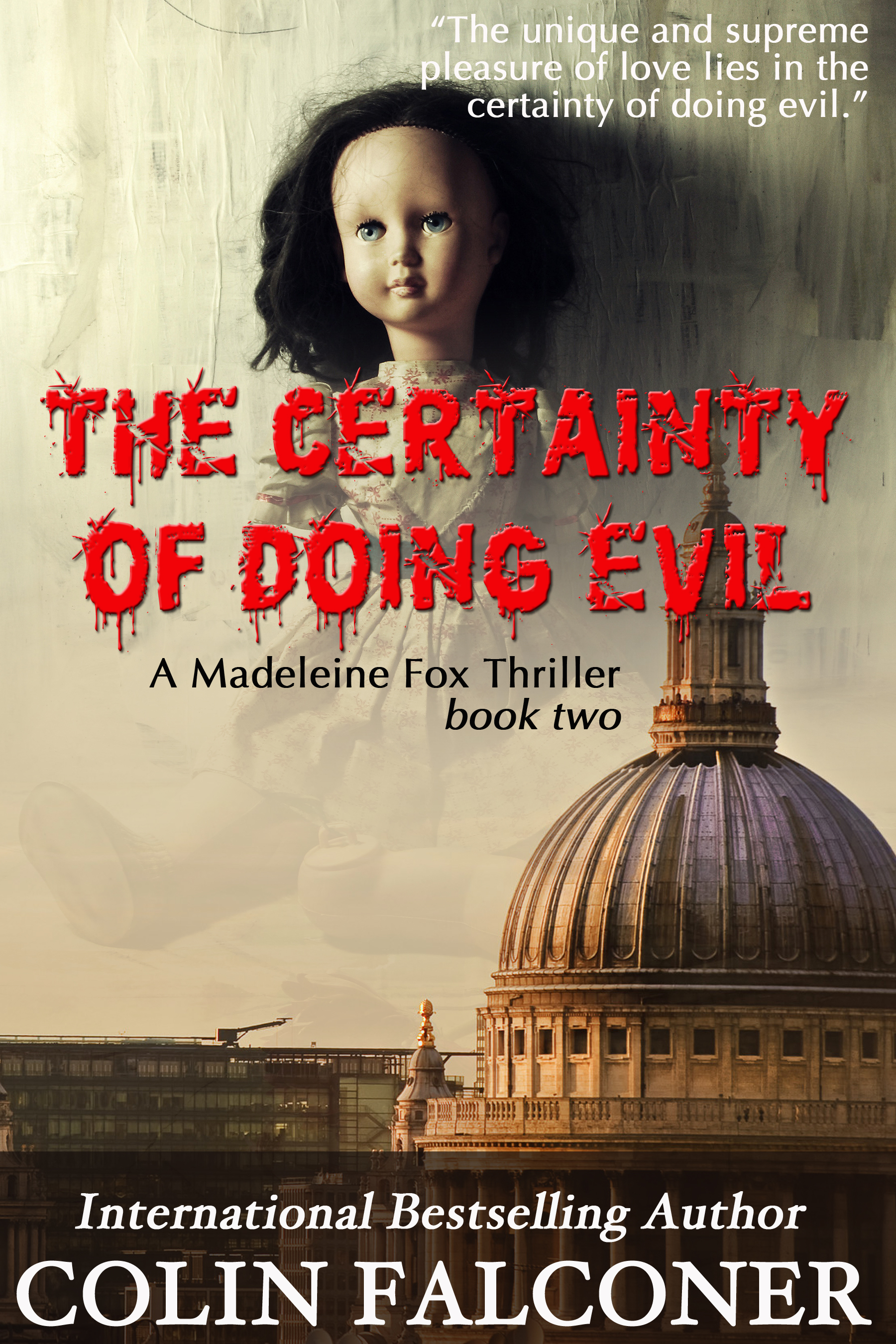
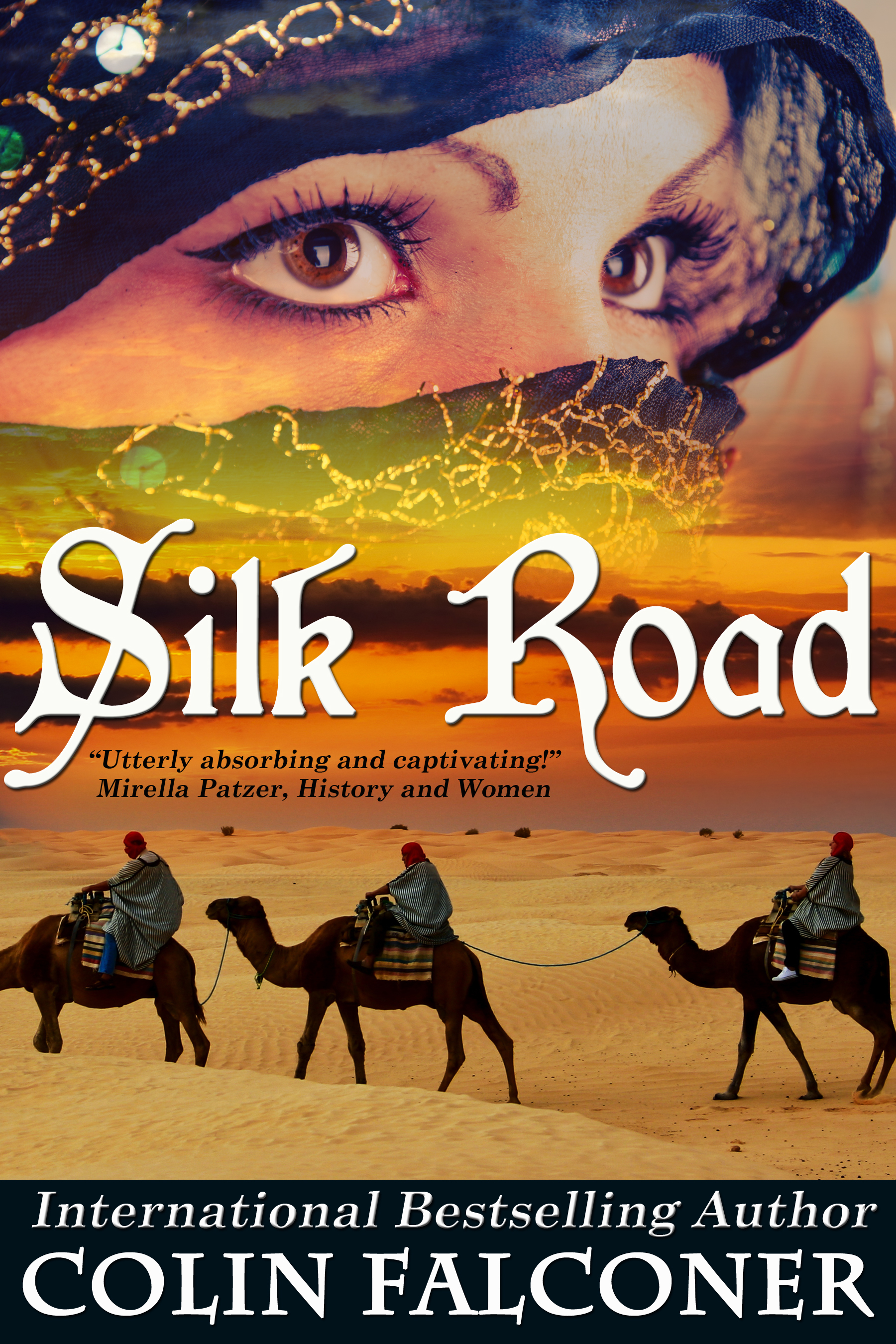
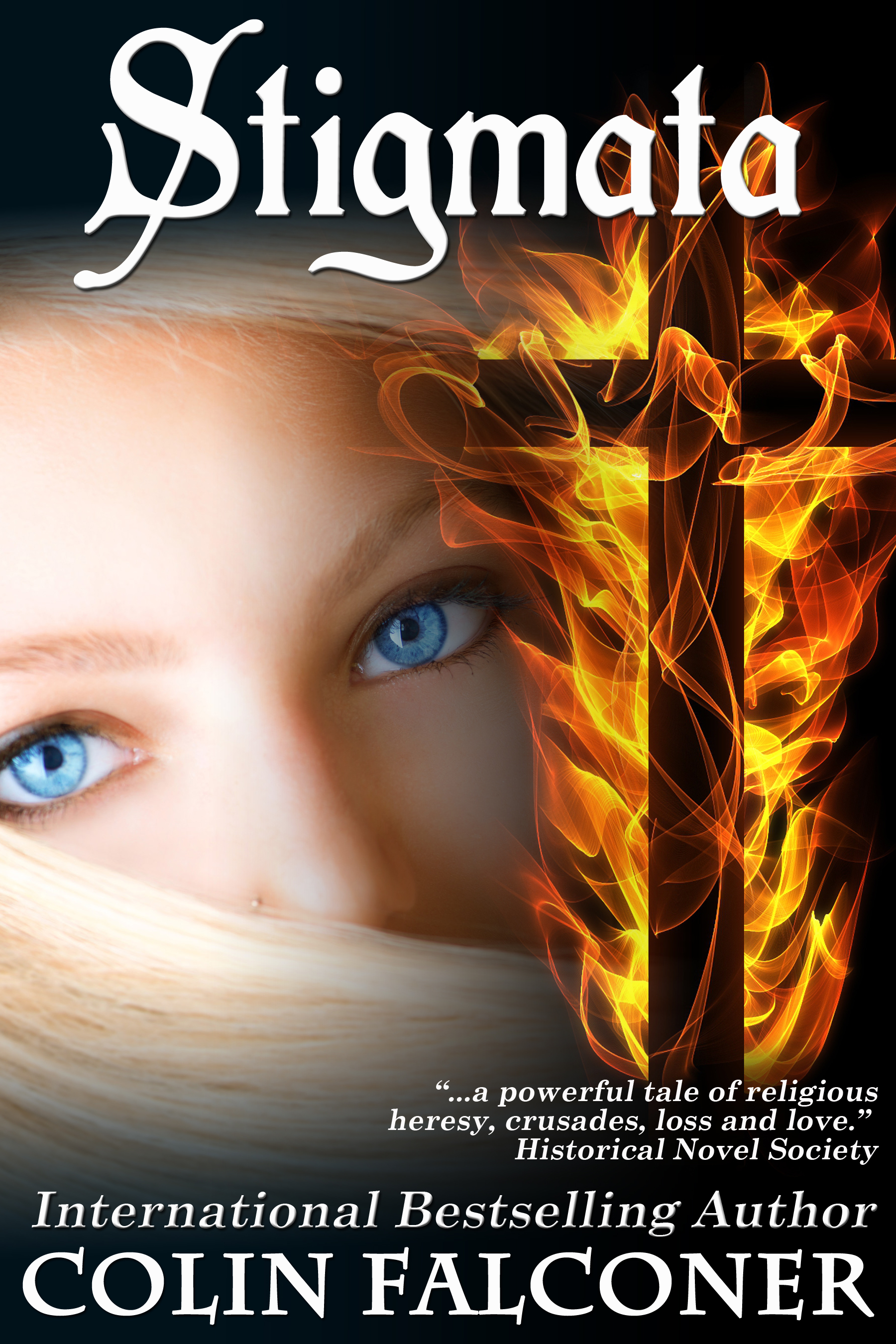
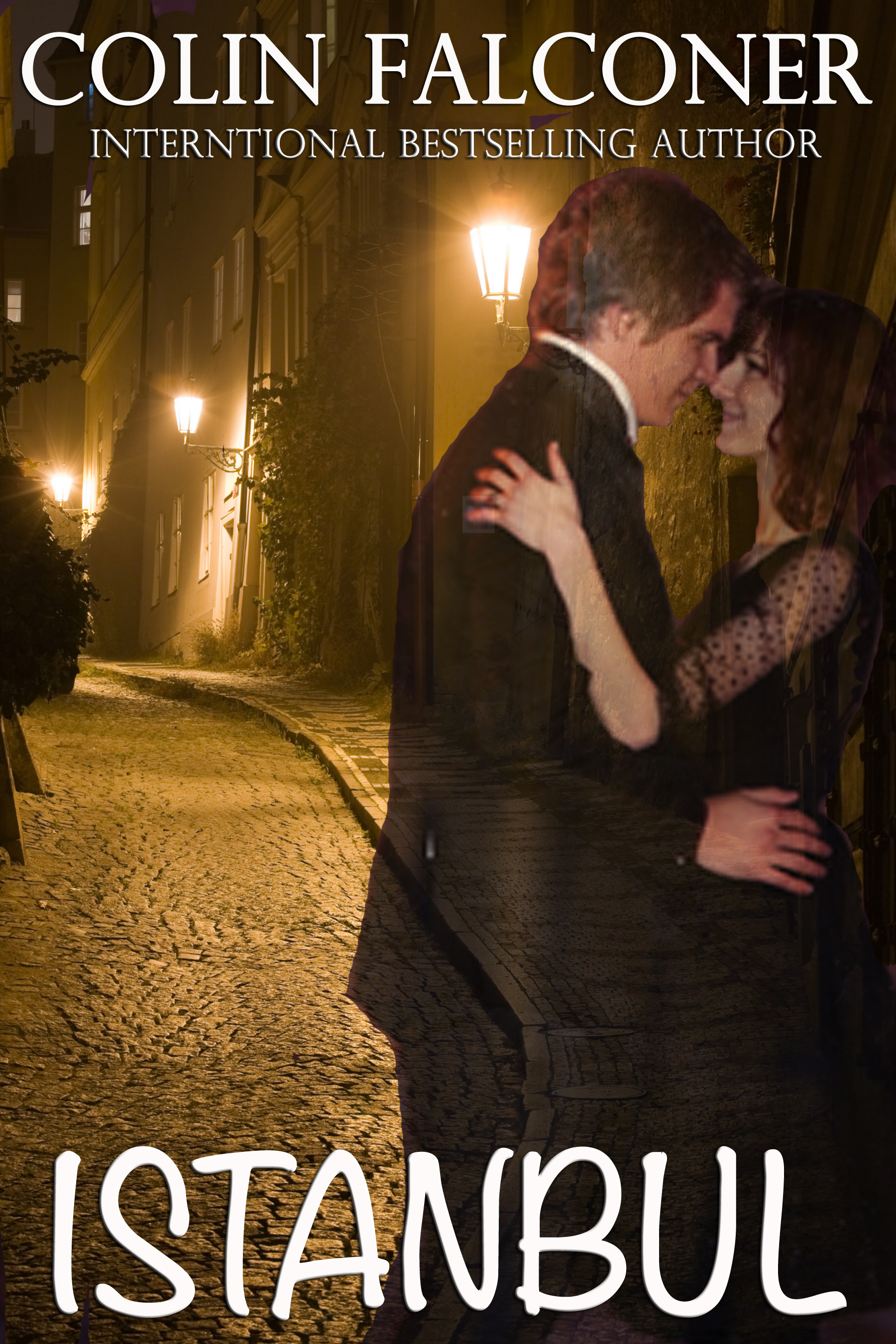

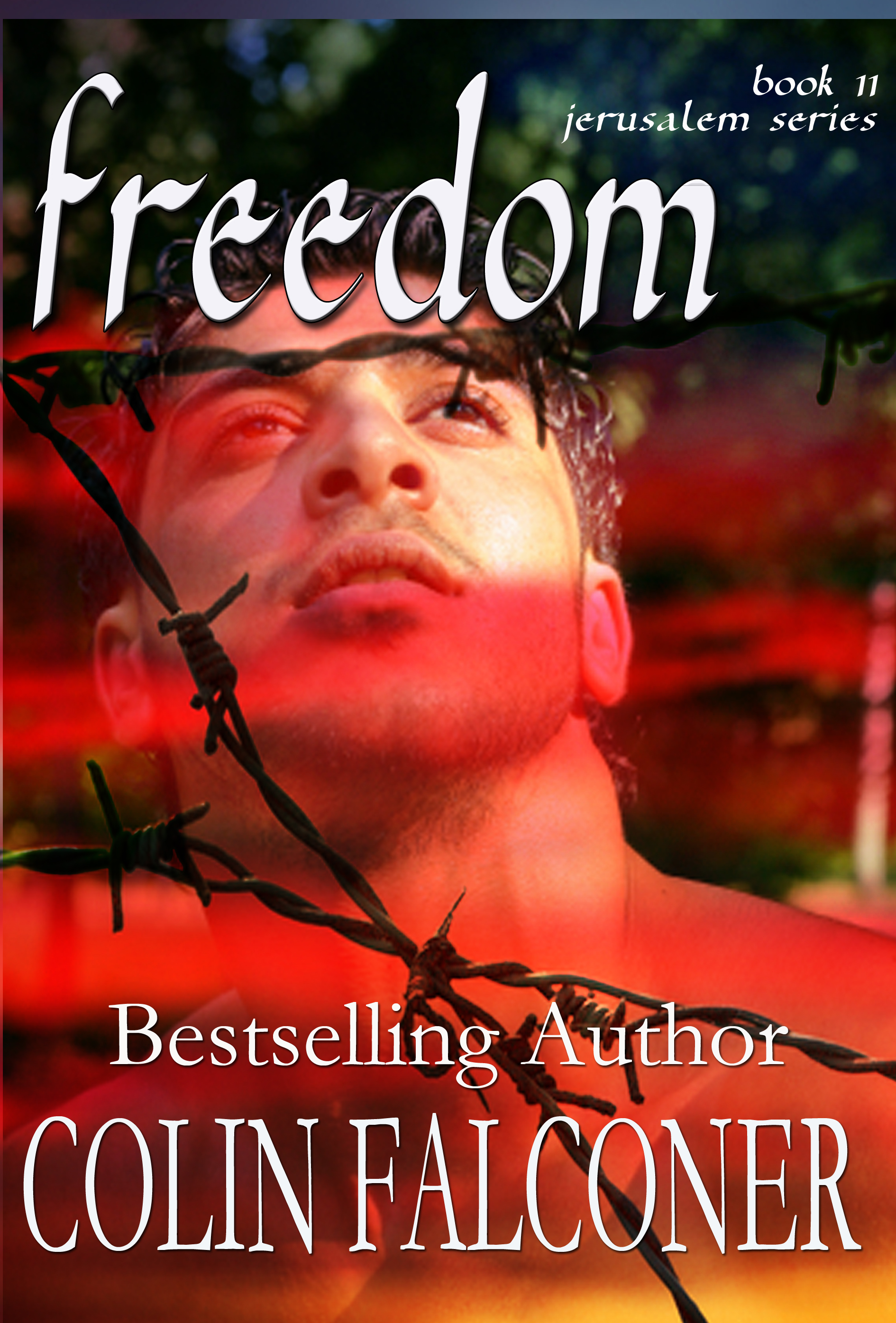


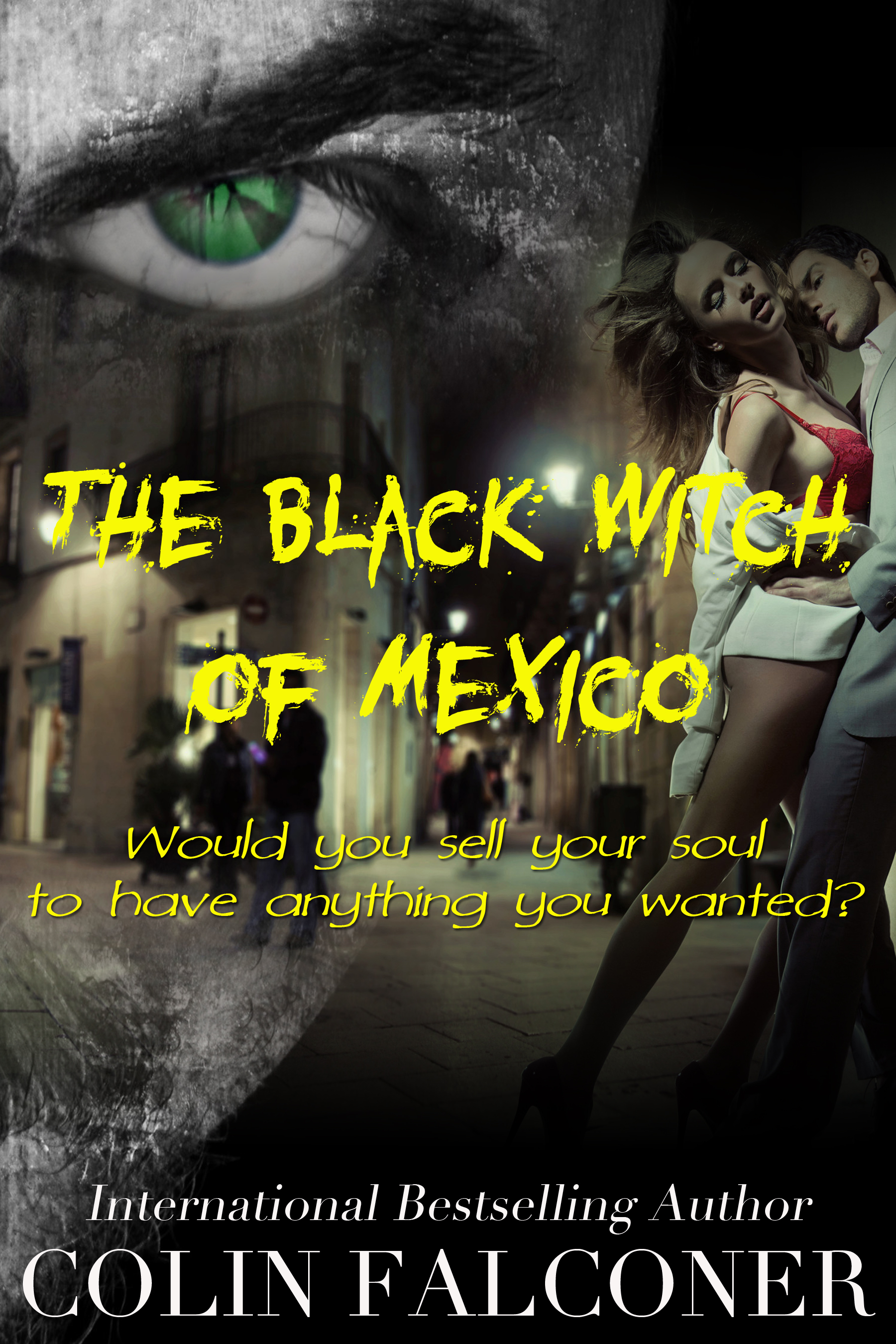

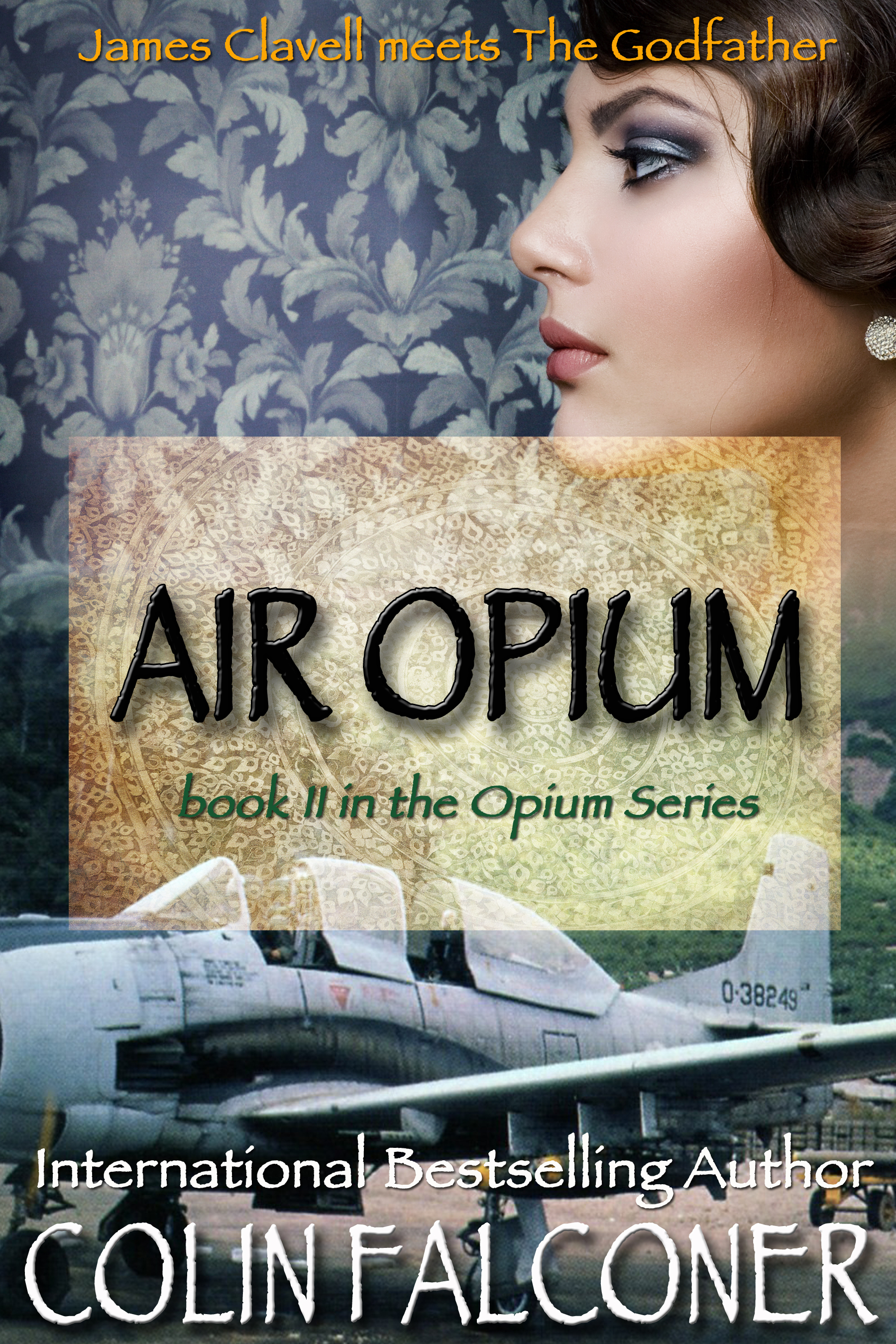
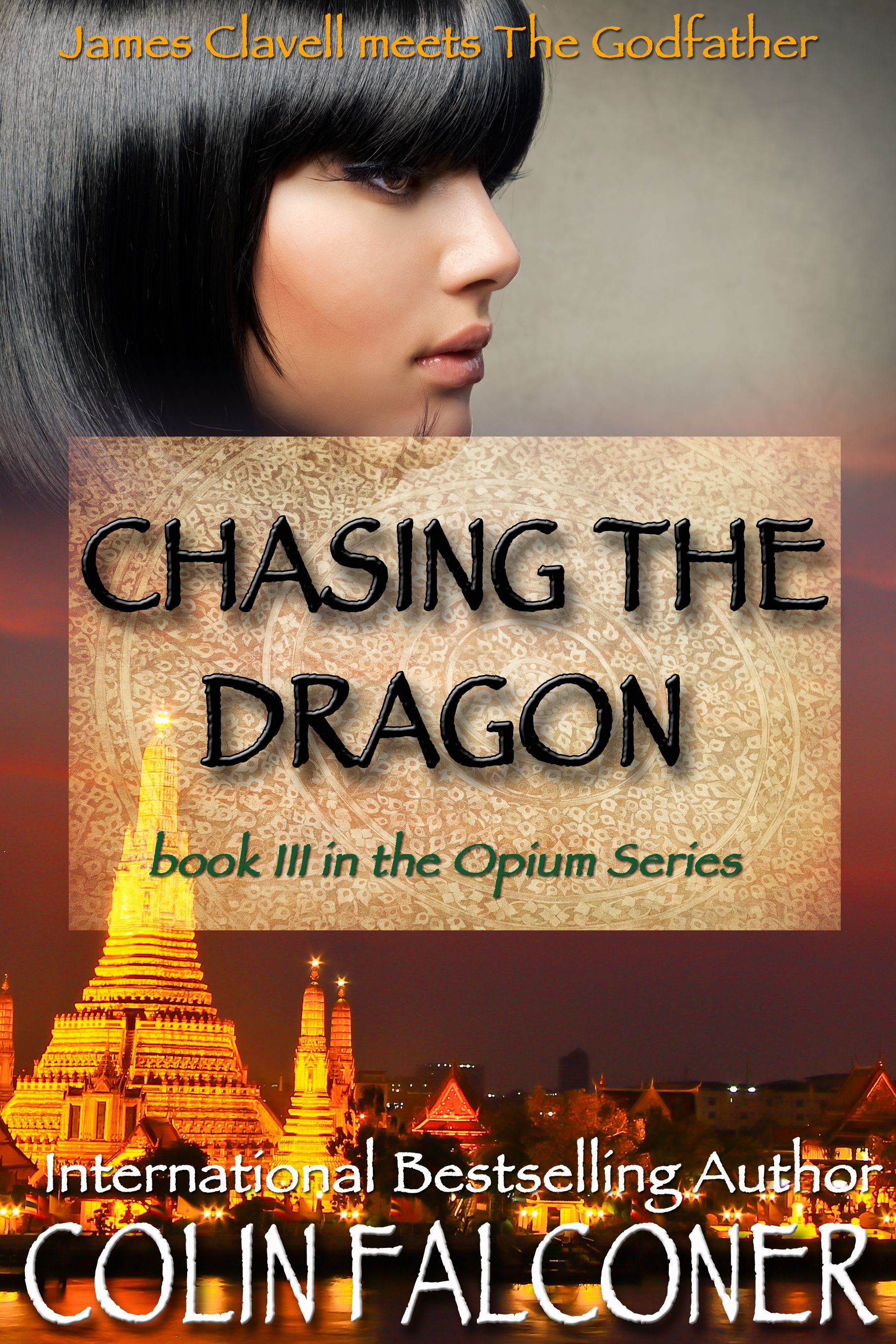
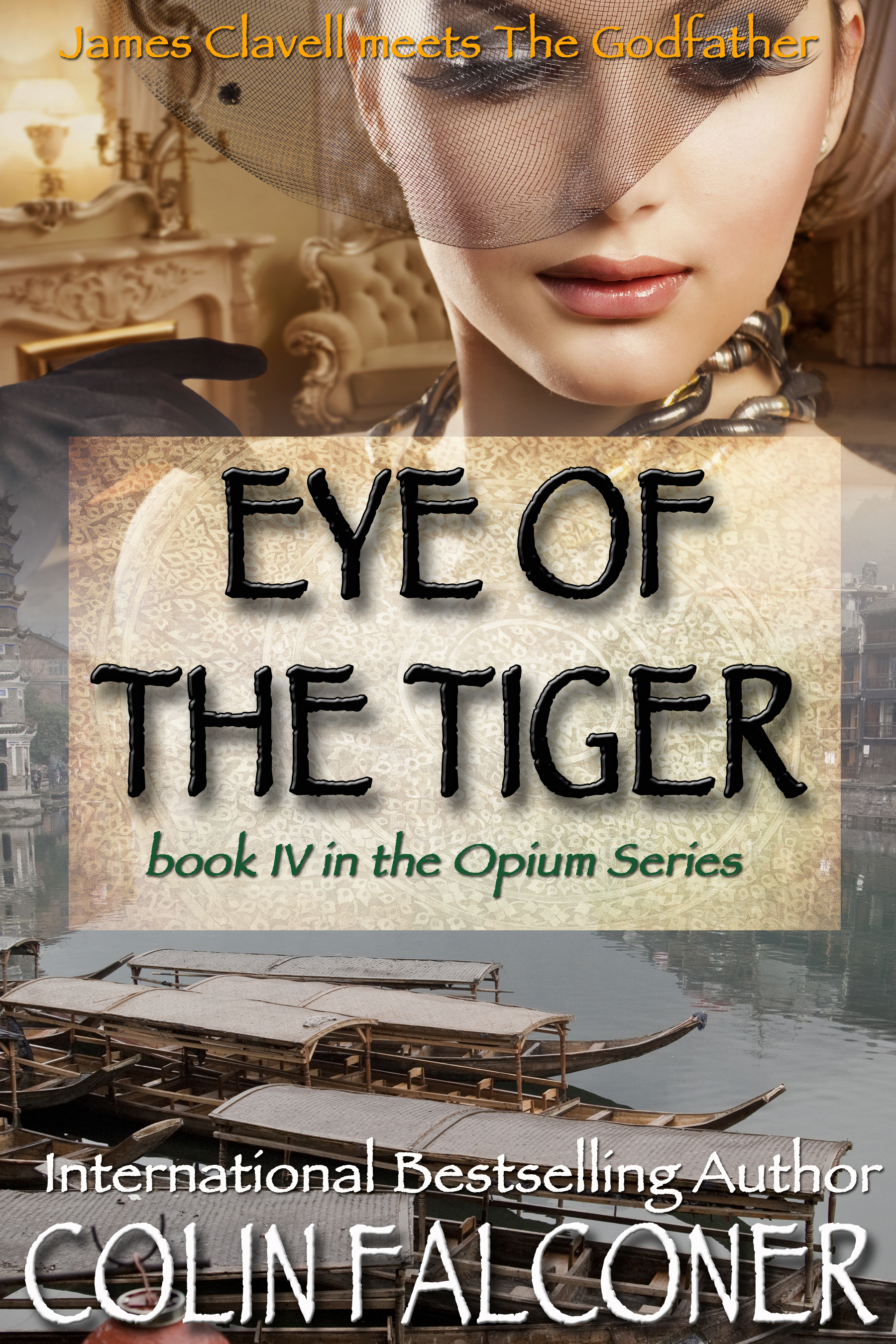
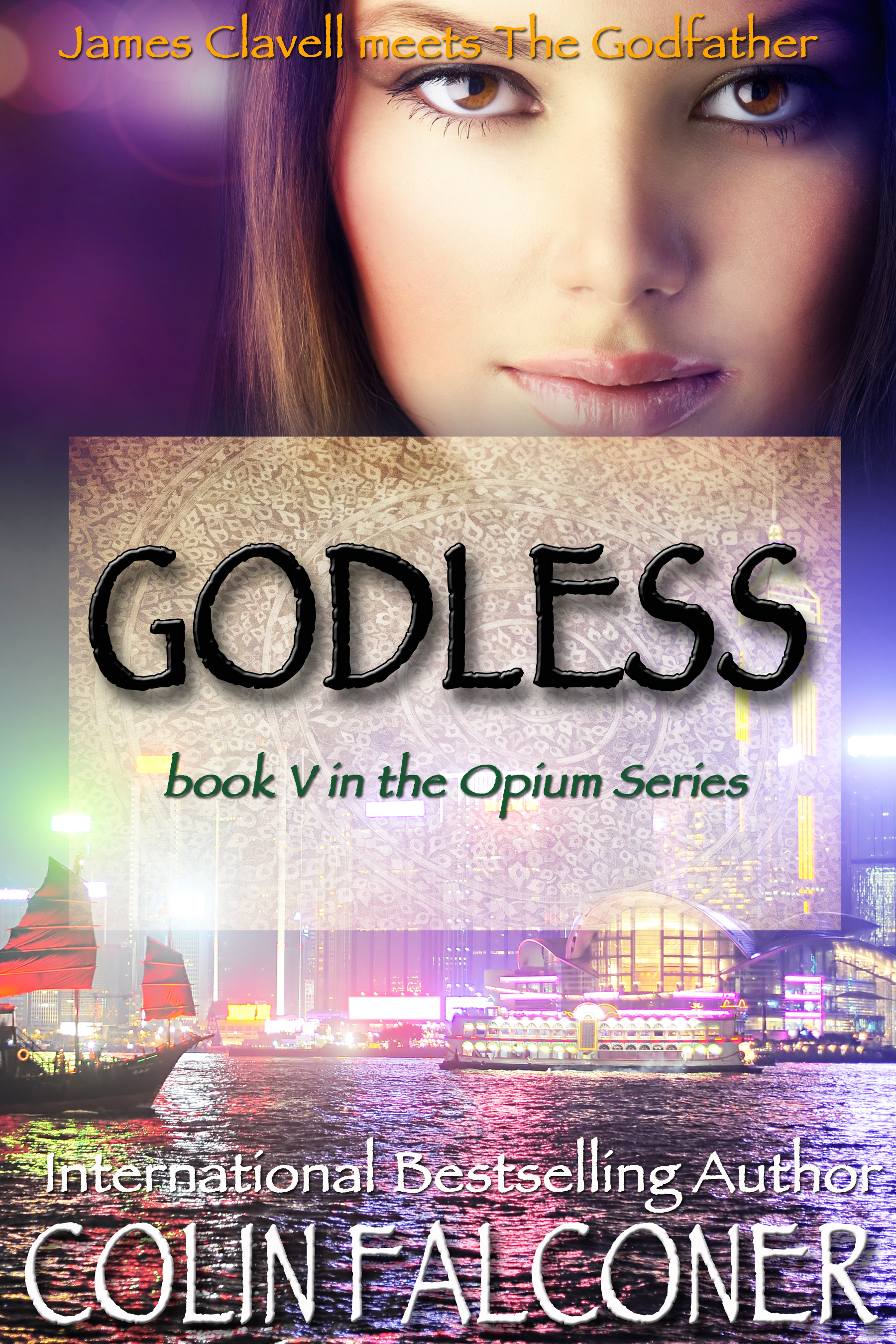
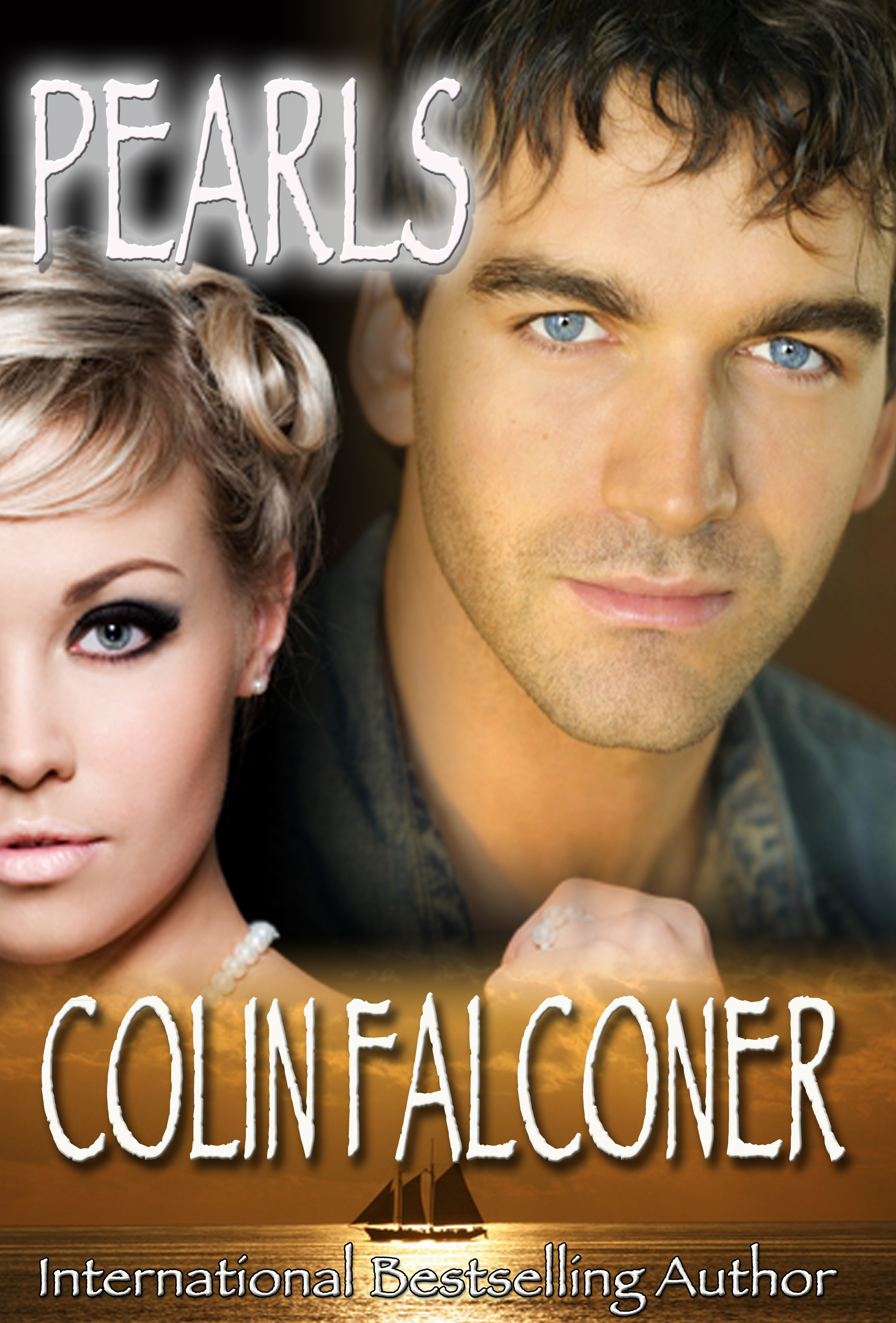

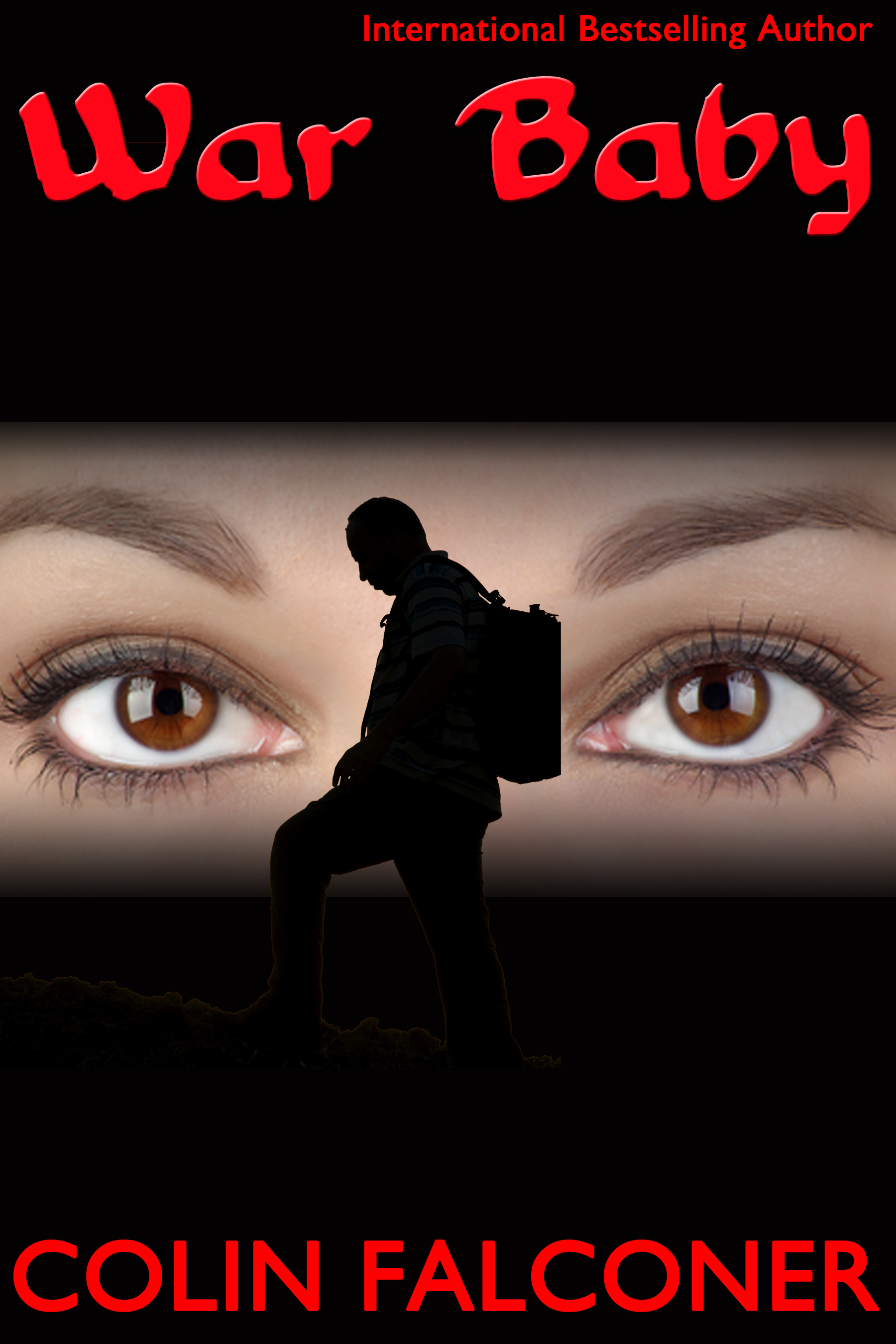
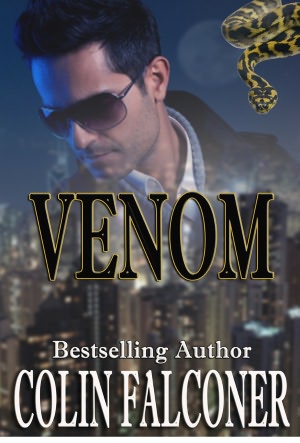
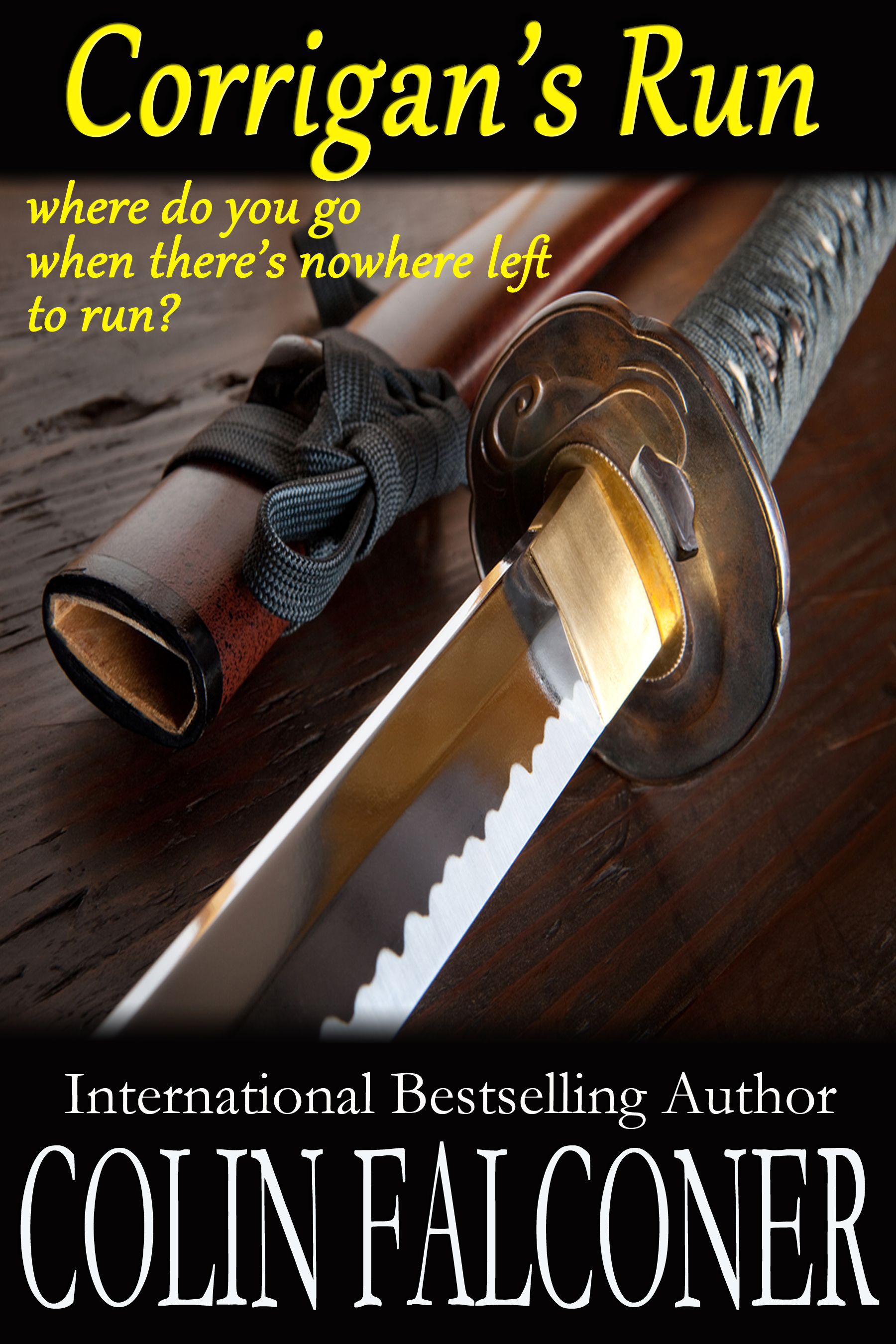
When I was maybe five years old, my dad told me stories of World War II (he was an army man who served in North Africa and Italy; his description of Casablanca was far more lovely than Bogart's alcoholic smirk).Dad used sound effects, motion, facial expressions, etc. to color his tales. I thought he was talking about *ancient* history, and still he held me enthralled.Several years later, I realized that Dad's recounted memories were about times not more than a few years older than his then young son.During my early teen years, I read thousands of pages of WWII history. Why? Because, thanks to my dad, I understood the "story" part of "history."Far too many teachers, university professors included, fail to convey that essential aspect of the subject. Facts and dates bore the hell out of students. History, at the center of itself, is about neither one. So-called facts are filtered and interpreted; and dates hold relevance only if the events that surround them are seen in relation to each other.I'm off now to send you my email request for your book. I hope I win a copy. Because it's 3:30 AM here in California, I'm an old man who needs his sleep, and yet I'm writing a note to you. Woe is I!
I have always been fascinated with history, perhaps because I didn't get a lot of school. I couldn't agree more about good storytelling. As a small child I would sit beneath the table and listen to my father and his buddies swap lies. AwesomePerhaps if we change the genre name to Past Fantasy, it wouldn't scare so many people.Good luck with the quest, I wish you victory.
Thanks for this reminder that history is about the story-not the dates and places (even though those add color to the picture).I am emailing you now to receive your book. ThanksSharon
I minored in history in college, and I have to say that it doesn't surprise me that kids are bored with the way history is taught in our schools. You're on to the solution here, my friend. Maybe someone with the ability to change things out there is listening!
Colin,I cannot believe you said the "H" word! Go to the back of the class!lolI love history and it was one of my favorite subjects in school. Enjoyed your post!
Like everything, history needs to be told as stories not as facts to be memorized and regurgitated. We have a need to connect via story.
As a writer of historical fiction, I couldn't agree more! I've thought about writing a 'fun' history book for middle grade readers, because I do think that in school they are forced to learn dates and facts and miss out on the fun parts. Interest first, then they will seek out the facts.
"Show them Braveheart" — I could not agree with you more. My love of history, in particular 16th C history, comes from the BBC series in the 70s (Six Wives of Henry 8, Elizabeth R). I was about 9, and it captivated me enough for me to read everything on the shelves of the NY Public Library. I suppose now I do not even (really) mind if a film is not historically accurate — unless it boggles the mind (Anonymous)-if it captures the imagination of someone to understand those times better. But history is usually taught very poorly. My US history teachers were dreadful, so dreadful that when I arrived in London to go to LSE my tutor found my knowledge of history (outside of the Tudors) so appalling he recast my lectures to include 'History of Thought since 1700" and "History from 1815 -1945" (I had no idea why 1815? He just gave me a withering look). Sometimes I think studying your own family's history helps you appreciate more about how broader macro events (World Wars) affected your family individually. Long post - sorry - lots of say on this!
I think this is a very thought-provoking post. At school I loved history and I loved English. I have put the two together in what I write. A factor which I had at school which maybe young people don't have now is that, at my Secondary Modern, most of the stock of novels was historical. There was hardly anything contemporary. So we read King Soloman's Mines, I Am David, The Otterbury Incident, White Fang and Prester John as a matter of course. The most modern book we read was For Whom the Bell Tolls. So I think that there is more to the reluctance to read historical fiction than merely the teaching of history. It is that English teaching has, for good reasons, now concentrate on more contemporay texts. I never thought I'd say this (I taught English in schools) but perhaps we should allow kids to forage in the odd bins of 19th Century fiction once in a while.Martin Lake
I think a lot has to do with how history is presented. I found dry text books boring, too, but in later years when I was presented with — for example — real letters people had written 200 years ago, I became fascinated. Historical fiction is a great opportunity to humanize events to make them seem more relevant to us.
I think your readers made some great points. In high school I was bored to death with history. My teachers were all about dates and memorizing facts. It was mind numbing. But something wonderful happened when I got in college. I got an instructor for one of my history classes that actually loved the subject and knew little interesting facts and taught with flavor. He made the material at our fingertips come alive and I found myself actually enjoying history for the first time. He made me appreciate all the things the generations before us had done. It’s all in the teaching and the way it is presented. Dry and boring, memorizing of dates and facts isn’t going to foster anyone’s love for the rich past that lays out behind us.
Here's the deal! First, let me state that I am all for the study of history - I love it and can't get enough. The problem in the schools is this: There is just too much of it! What I mean is: When I went to school; history only covered the period of ??? BC through the early 1960s. Now history has 50+ more years to smash into the same period of instruction. How is that gonna happen and get the important (& inspiring stuff) facts across? The teachers don't stand a chance. And don't even think about challenging the "political correct" out there that want their slant taught instead of the "just facts man."It is a problem that will only get worse unless mandated by the public that it be fixed.